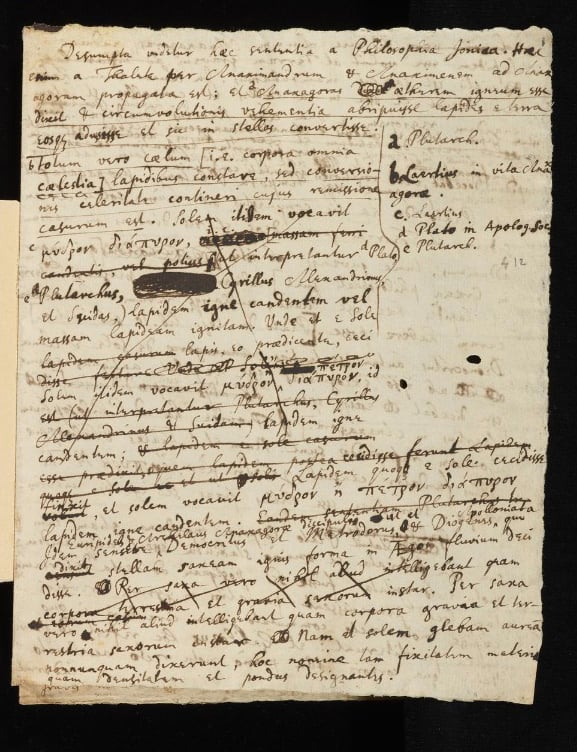

"Russel and Whitehead's proof that 1 + 1 = 2. So one and one make two.īut even though the statement 1 + 1 = 2 seems simple and familiar, it really hides some deep philosophical questions, some of which have not been fully resolved even today: I put them together like so, and now I have two apples. Here I have one apple, and over here I have one apple. If they were especially good teachers they might have tried to tried to convince you by giving an example. If we had done so, our teachers might have laughed and said "1 + 1 is 2, and that's that!".

When we were young, our teachers taught us that 1 + 1 = 2. Similarly, most of Principia Mathematica consists of symbolic notation only legible to experts in formal logic. While their encyclopedic tomes are surely of great use to professional mathematicians, they are written at the highest possible level of abstraction and are not useful as an introduction to mathematics. In a similar vein, beginning in 1935 a group of mathematicians who collectively called themselves Nicolas Bourbaki began writing an axiomatic treatment of much of pure mathematics. Not only that, but there is no way to establish that mathematics is free of contradictions which render the entire subject invalid. However, in the 1930s Kurt Gödel showed that any such effort was destined to fail: No matter how much foundational material one generated, there was yet more that could be added. Second, one reason for trying to use logic as the sole basis of mathematics was to establish the certainty of mathematical truths at the same level as logic itself.

In other words, some of the fundamental assumptions of mathematics have an inherently mathematical rather than logical character. First, although mathematics relies on logic intimately, it seems that it's impossible to cover the full scope of mathematics using logic alone as a foundation. Though a monumental work, the aims of the work were destined to fail for several reasons. One of the results of this effort was Principia Mathematica, an attempt by Alfred Whitehead and Bertrand Russell to formalise the foundations of all of mathematics in terms of logic. This turned out to be an extremely long and difficult process, but its effects on the progress of mathematics were extremely important. In the late 1800s and early 1900s there was a movement to put mathematics on a more sound basis than it had been on previously.


 0 kommentar(er)
0 kommentar(er)
